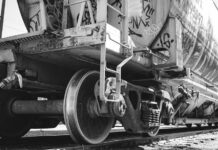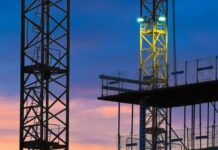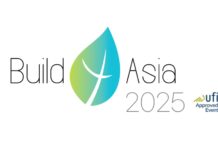The Michigan Occupational Safety and Health Administration is looking to enhance its focus on workplace safety in the construction and manufacturing industries as COVID-19 cases continue to climb across the state.
MIOSHA is hoping two State Emphasis Programs will ensure compliance with workplace safety rules helping to mitigate COVID-19 transmission.
The SEPs will be in effect through February 8 and aims to increase enforcement to help protect employees from COVID-19 hazards in the workplace.
“Our goal is to educate before we regulate, and by MIOSHA increasing their presence in these industries where we see outbreaks, we can better ensure employers are following the MIOSHA Emergency Rules,” Michigan COVID-19 Workplace Safety Director Sean Egan said. “We must remain vigilant to guarantee that Michigan’s businesses can stay open, workers can keep working, and we can continue to see economic recovery.”
Michigan has seen a sharp increase in cases across the state and outbreaks in both the construction and manufacturing industry, including 28 new outbreaks reported on Nov. 12, and the tracking of 63 ongoing outbreaks in these industries. Under the SEPs, MIOSHA staff will conduct random enforcement inspections at construction sites and manufacturing establishments. If the inspections determine deficiencies in the employer’s COVID-19 preparedness and response plans, citations and penalties up to $7,000 may be issued.
“MIOSHA inspectors will evaluate the employer’s compliance with MIOSHA Emergency Rules along with guidance from the U.S. Centers for Disease Control and Prevention (CDC) as they pertain to protecting workers,” MIOSHA Director Bart Pickelman said. “Certain safeguards must be in place to prevent the spread of COVID-19 and ensure the safety and health of all hardworking Michiganders.”
A few of the steps that construction and manufacturing businesses must take include:
- Conducting daily health screenings of employees and contractors,
- Isolating those with symptoms, and quarantining close contacts,
- Requiring employees to wear face coverings,
- Implementing enhanced cleaning protocols when employees or the public become sick,
- Maintaining compliance with social distancing, and
- Ensuring that they have and use a preparedness and response plan.




























